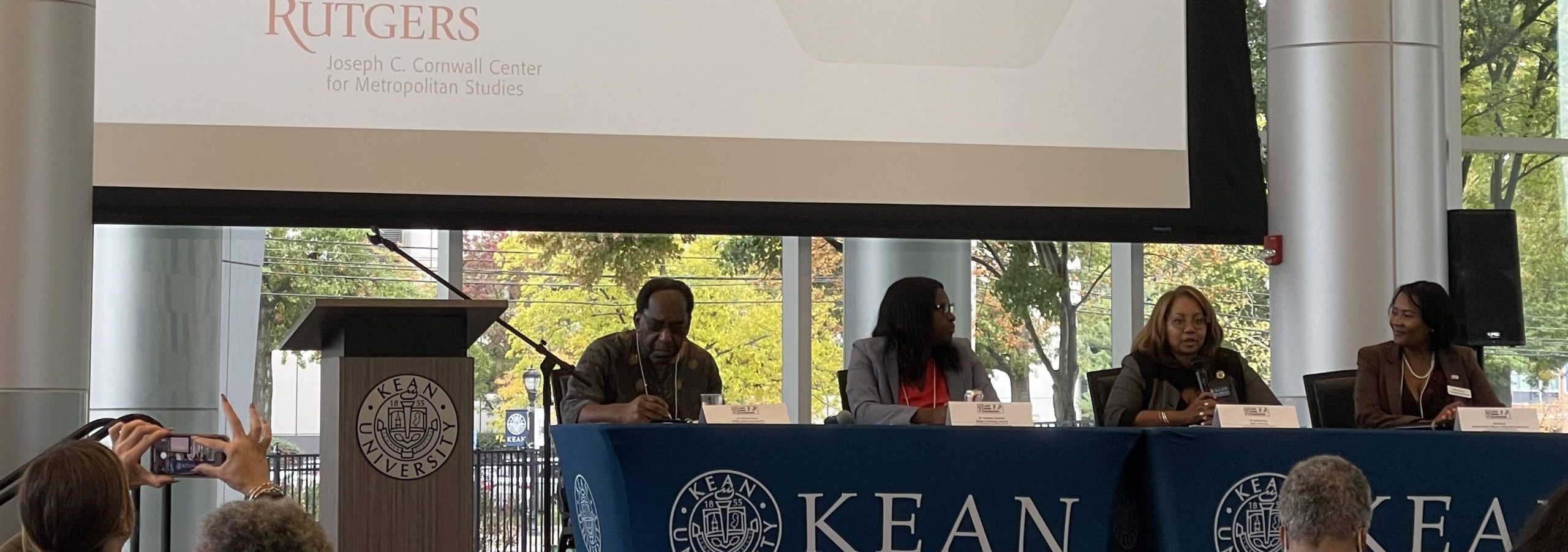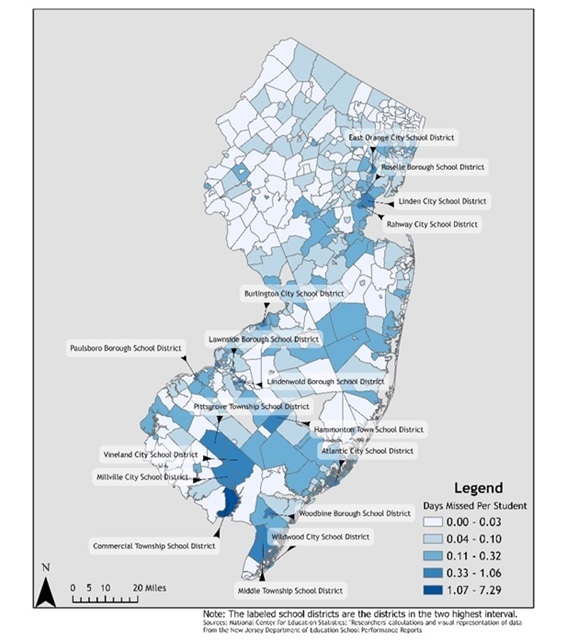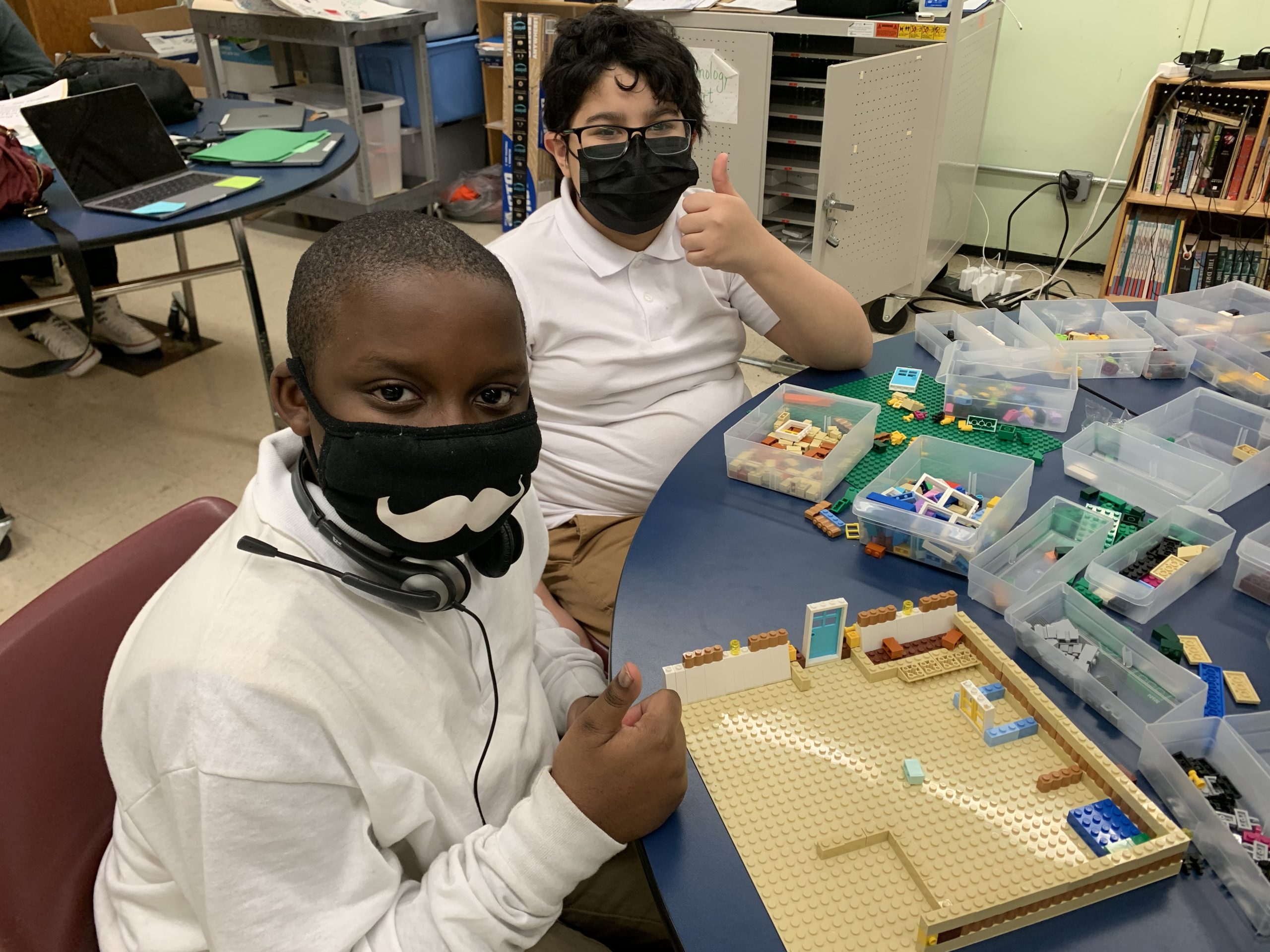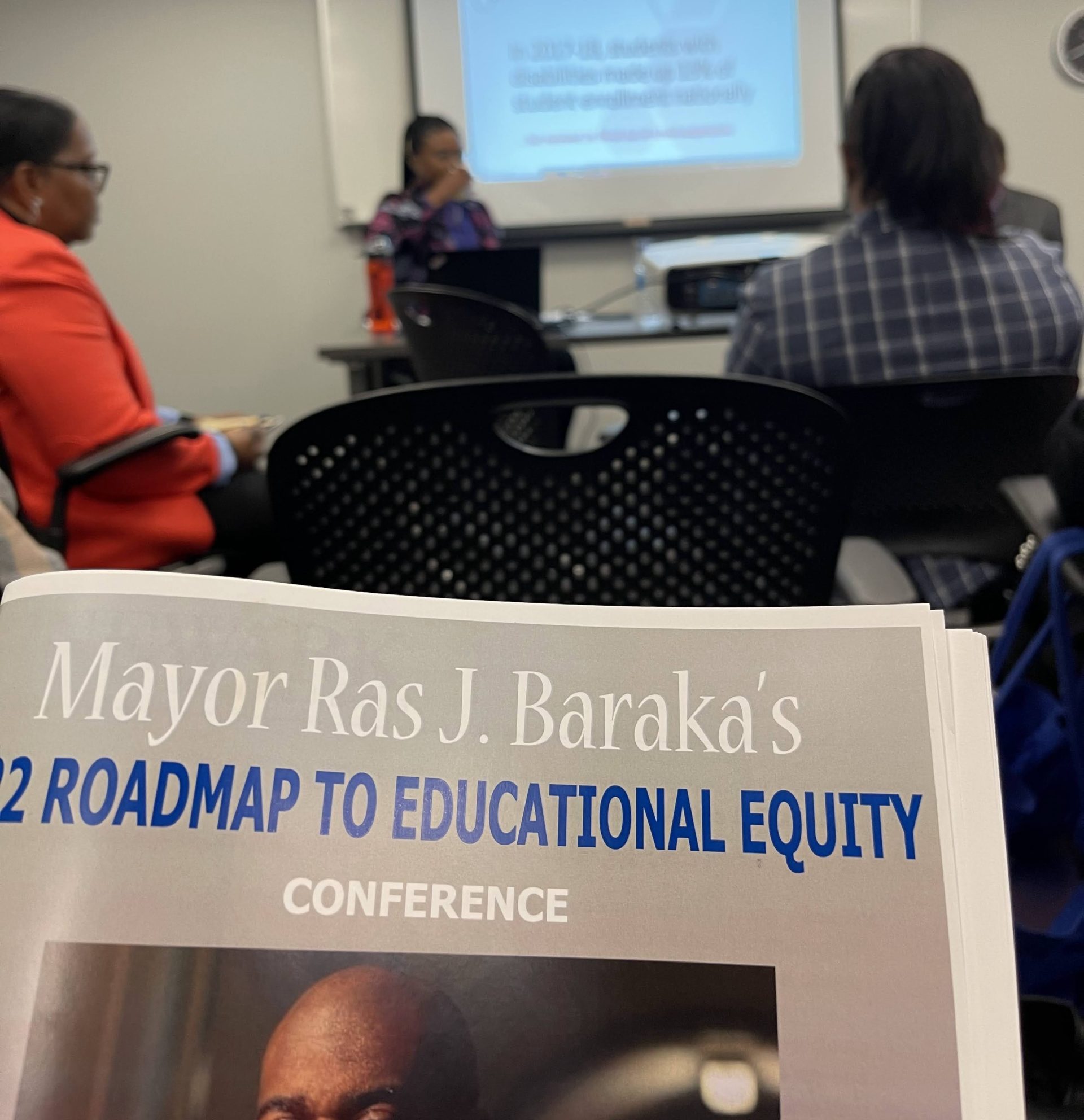Research has not made the kinds of contribution to the resolution of social inequity and injustice once hoped for it. The rapidly growing calls, across disciplines, for continuous improvement research or translational research or improvement science reflect the desire to make social research more useful. Approaches differ but a common thread is seeing research as a continuous process of learning how to get better. One tries something, measures impact, adjusts, and tries again, learning from mistakes as well as successes. In this work, the distinction between doers and thinkers is deliberately blurred. Stakeholders, with their typically more nuanced understanding of the context, can be involved at all steps in the process. Given the urgency and complexity of the social challenges, it makes sense to look carefully for strategic solutions, those that can bring large payoffs, or multiple kinds of payoffs, and which can actually be implemented well under the existing social and political conditions.
Educational inequality is among our main concerns and our work there tends to center on three areas of inquiry and practice:
- Improving Instructional Quality. How can urban systems develop and sustain high-quality, challenging, intellectually ambitious teaching practices?
- Improving Secondary and Postsecondary Outcomes. How can urban school systems ensure that more students graduate high school ready for college and the workforce and, in fact, complete college or the necessary training for good entry-level employment?
- Developing Citizens/Transformative Education. What educational experiences help youngsters develop the “political self-respect and collective self-confidence” that will help them become engaged citizens, community leaders, and change agents? What can we learn about this from the experience of Freedom Schools, community schools, the Abbott Leadership Institute, the Clemente Course in the Humanities, restorative justice, rites of passage programs, and other experiences that transform students’ sense of their own possibilities and relationships to others? We see this work as directly in the tradition of Ella Baker, the Student Nonviolent Coordinating Committee, and Paulo Freire.



